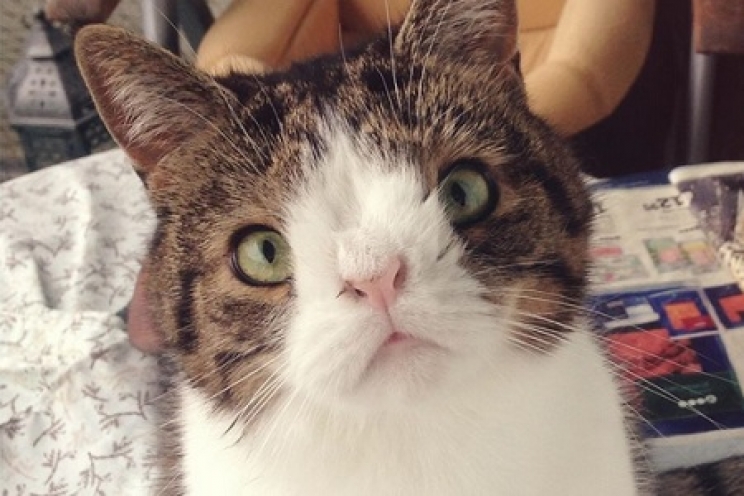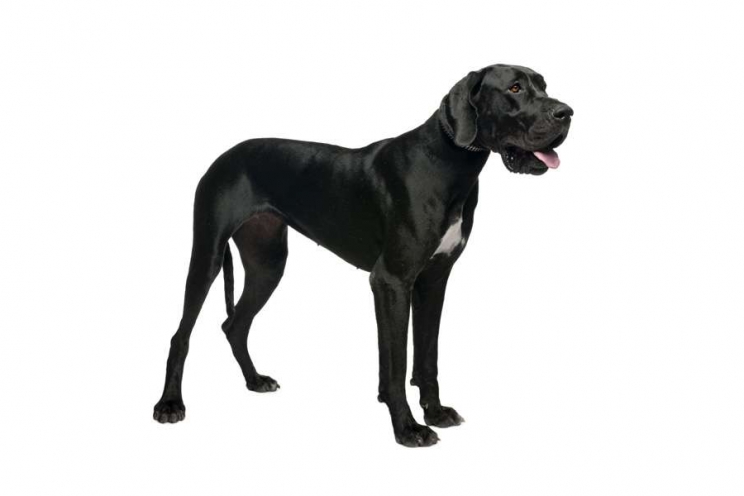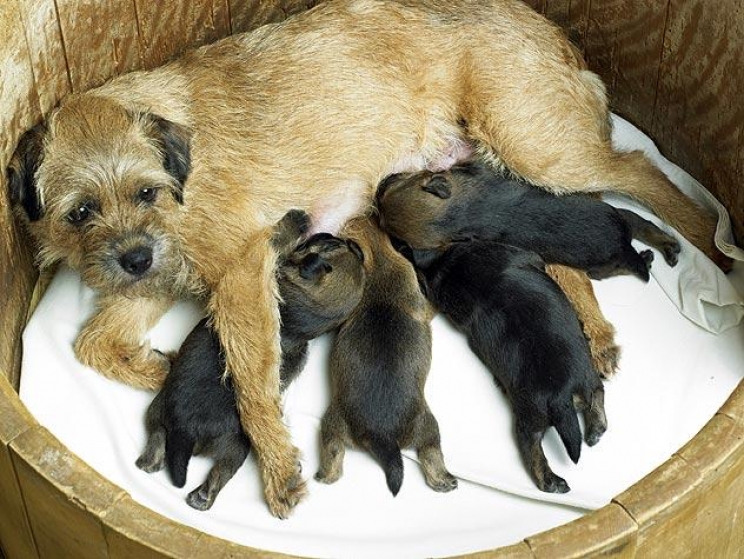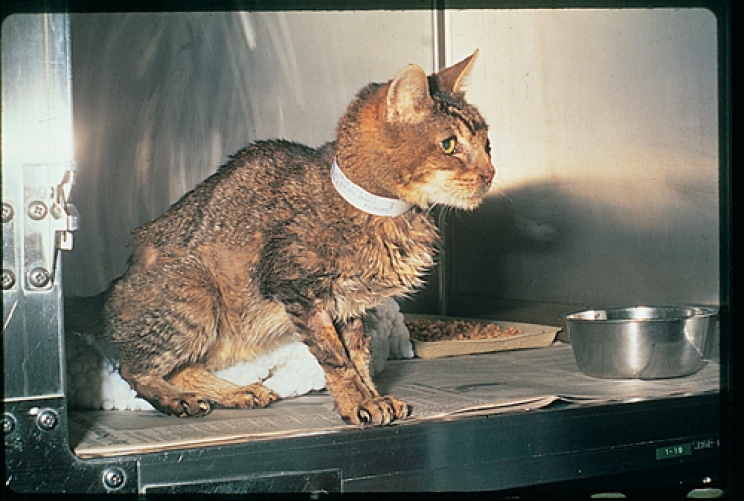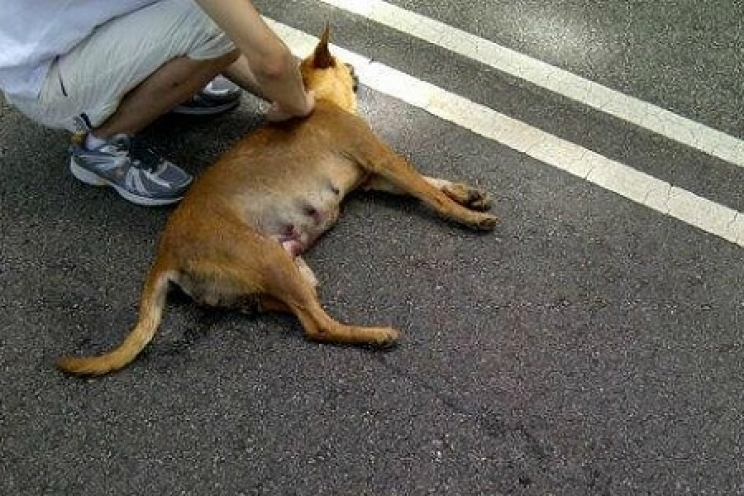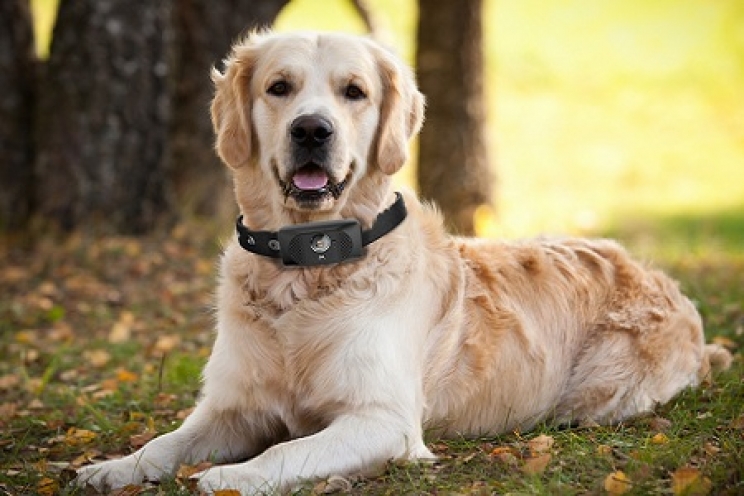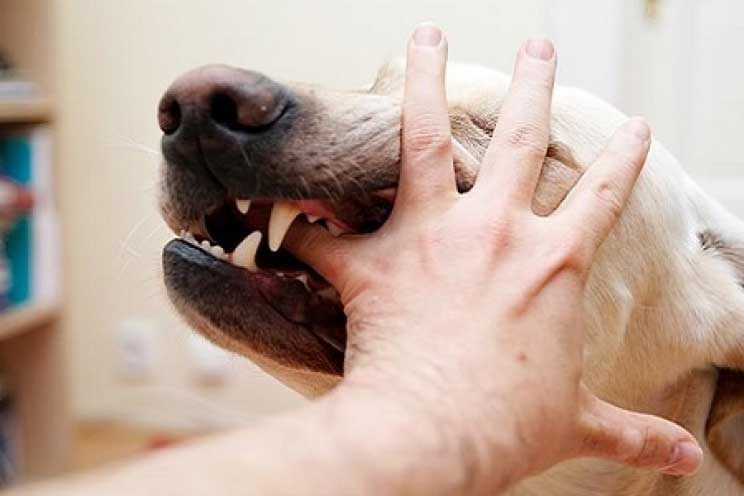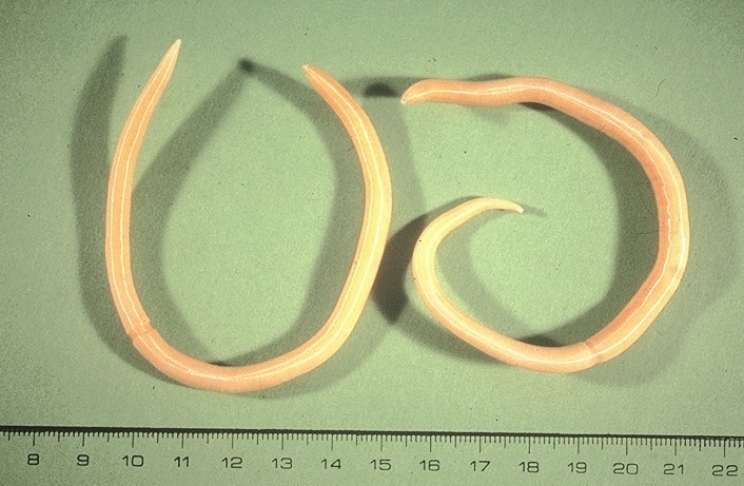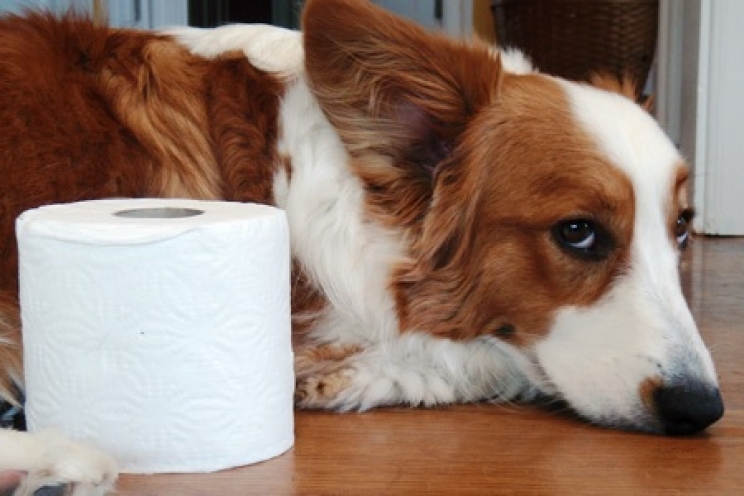Dog and cat owners are well aware that diarrhea is a fairly common problem in their pets, especially in puppies. What can be the causes diarrhea and what are the remedies to treat it? Let's find out together.
What is diarrhea?
First, we need to clarify what exactly we mean by the term "diarrhea". First of all, it is not a disease, but a symptom of some disorders or pathologies that must be carefully evaluated in order to arrive at a precise diagnosis.
We speak of diarrhea when an animal emits stools of a different consistency than usual, from soft to watery, with a more or less significant increase in the frequency of defecation.
To be clear, the dog is used to going out three times a day, and usually tends to defecate only during one or two of these walks, in case of diarrhea the animal will feel a greater urge to go to the toilet multiple times a day. In the case of the cat, however, he may visit the litter box more frequently.
This is the general definition. There are also special cases, for example the emission of greenish stools or much darker than usual, with the presence of mucus or traces of blood.
Finally, we also need to understand how many times the discharges are repeated, since sometimes it can be an isolated episode.
Being able to collect all the necessary information on your pet's feces and on its behavior related to defecation provides the veterinarian with useful clues to arrive at a correct diagnosis
The causes of diarrhea
Diarrhea can be caused by a long list of factors. Let's see the main ones:
- Presence of intestinal parasites;
- Quick change of power supply;
- Weaning in the puppy and kitten;
- Unsuitable nutrition;
- Food allergies or intolerances;
- Ingestion of plants or irritating / toxic substances;
- Ingestion of bones;
- Bacterial infections such as salmonellosis;
- Viral infections;
- Inflammation of the intestine;
- Anxiety and stress;
- Bowel cancer.
A particular situation is that of the so-called nonspecific diarrhea, which occurs without an apparent reason or cause.
Normally the veterinarian tries to obtain a lot of information from the owner of the animal, in order to understand what could be the cause of the problem.
For example, the presence of very dark, almost black stools, with traces of dark blood may indicate the presence of serious internal bleeding, which urgently requires the intervention of the veterinarian.
On the contrary, traces of bright red blood can be caused by the rupture of small blood vessels in the area of the rectum and anus, due to repeated irritation, or by the presence of sharp fragments that can cause small wounds.
Greenish feces, on the other hand, may indicate that the dog has eaten grass or that he has ingested some substance that may have irritated his intestines. In some cases, however, if the stool continues to turn green, it could be a liver problem.
By carefully observing dog and cat feces with a light, we will also be able to assess the presence of strange residues, for example hairballs, blades or stalks of grass.
Another fairly common situation, especially in puppies and animals that live outdoors, is the presence of thin and elongated formations or similar to grains of rice. In these cases, it is in most cases of intestinal parasites.
What to do
The first thing to do is to contact our veterinarian, especially if diarrhea is frequent.
In the case of sporadic diarrhea, we can ask our veterinarian if it is appropriate to let the animal take lactic ferments, which will help restore the intestines from irritant substances the animal might have ingested.
An excellent remedy is also the use of thickeners for stools, which are mainly available in the form of palatable pastes. Their function is to absorb excess water in the intestine, to make the stool more compact.
Both lactic ferments and thickeners can be used for sporadic episodes of diarrhea, or as a complement to specific therapies for more important problems.
In the case of parasites, the only treatment involves the administration of anthelmintic or deworming drugs, which kill and remove intestinal parasites. The veterinarian should always carry out the prescription of these remedies, after a careful examination of the stool.
In the presence of infections, however, it may be necessary to resort to antibiotics.
We never give our pets human drugs we have in our medicine cabinet. Lactic ferments, antispasmodics, antibiotics and drugs to stop diarrhea must be specific to the dog and cat and must always be prescribed by the veterinarian.
An excellent tip is to regulate the animal's diet. In the presence of food intolerances or allergies it will be necessary to administer a mono-protein or nutraceutical food.
In the case of the puppy, however, we are probably not weaning him in the right way. We ask our veterinarian for advice to understand which food among those specific for puppies and kittens might be more suitable or if it is too early to proceed with weaning.
Avoid offering the dog milk or boiled rice, which could intensify the episodes of diarrhea. Rather, in order not to overload the intestine which is irritated, we can opt for a specific food for diarrhea and gastrointestinal disorders.

